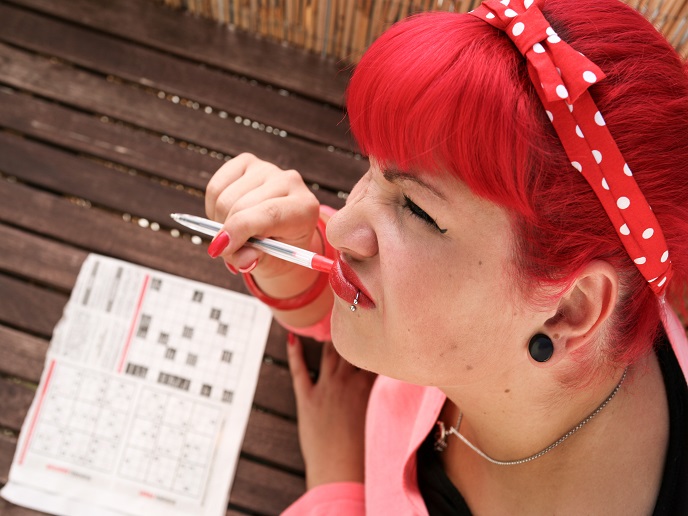Can brain training slow cognitive decline?
If you’re worried about memory loss and cognitive decline then listen up – it’s time to break out those crossword puzzles, download a language-learning app, or learn how to solve sudoku. “Called brain training, these activities can help prevent things from getting lost in your brain,” says Ikram, head of neuro-epidemiologic research at the Erasmus University Medical Centre(opens in new window). But don’t wait too long to get going, because once dementia sets in, it’s probably too late. “If you are in the process of dementia, then doing brain training will not recover things you’ve already lost,” adds Ikram. The explanation for this can be found in the concept of cognitive reserve. According to Ikram, your cognitive reserve is the brain’s buffer against the wear and tear that happens over the course of one’s life. “Just like you build up your muscles with physical activity, you build up your brain with cognitive activity – that’s what we call the reserve,” he says. “The more reserve you build up early in life, the more capacity you have to cope with dementia-causing damage later.” According to Ikram, up to a third of Alzheimer’s disease cases could be prevented through lifestyle choices.
The importance of mental challenges
So, how does one go about training the brain? While school and education are the ‘low hanging fruit’ in brain training, Ikram says it can also include learning to play the piano or being able to speak different languages. Having a mentally stimulating career can also help – think of the taxi driver who has memorised all a city’s streets and the car mechanic who knows how to assemble an engine. Working on the EU-funded ORACLE project, Ikram studied the brains of over 40 000 people to look for early cues of mental decline. “As long as it challenges your brain, the activity will help build your cognitive reserve,” remarks Ikram. “The more reserve you have, the better your brain will function as you age.” This latter point touches on why it is so important to start early. “If you start exercising in your 70s, you won’t reap the same benefits as someone who started in their 20s,” explains Ikram. “It works the same way for the brain, the earlier you start, the bigger the benefits.” But this doesn’t mean there’s no point in starting now. “Brain training is like exercise or even investing – it’s better late than never,” notes Ikram. The key is to be proactive, not reactive, about your brain exercises. “While training can help prevent things from getting lost in your brain, it will not recover a memory or skill that is already gone,” Ikram concludes. Click here to find out more about Ikram’s research: Broader study shows role of lifestyle choices in Alzheimer’s



